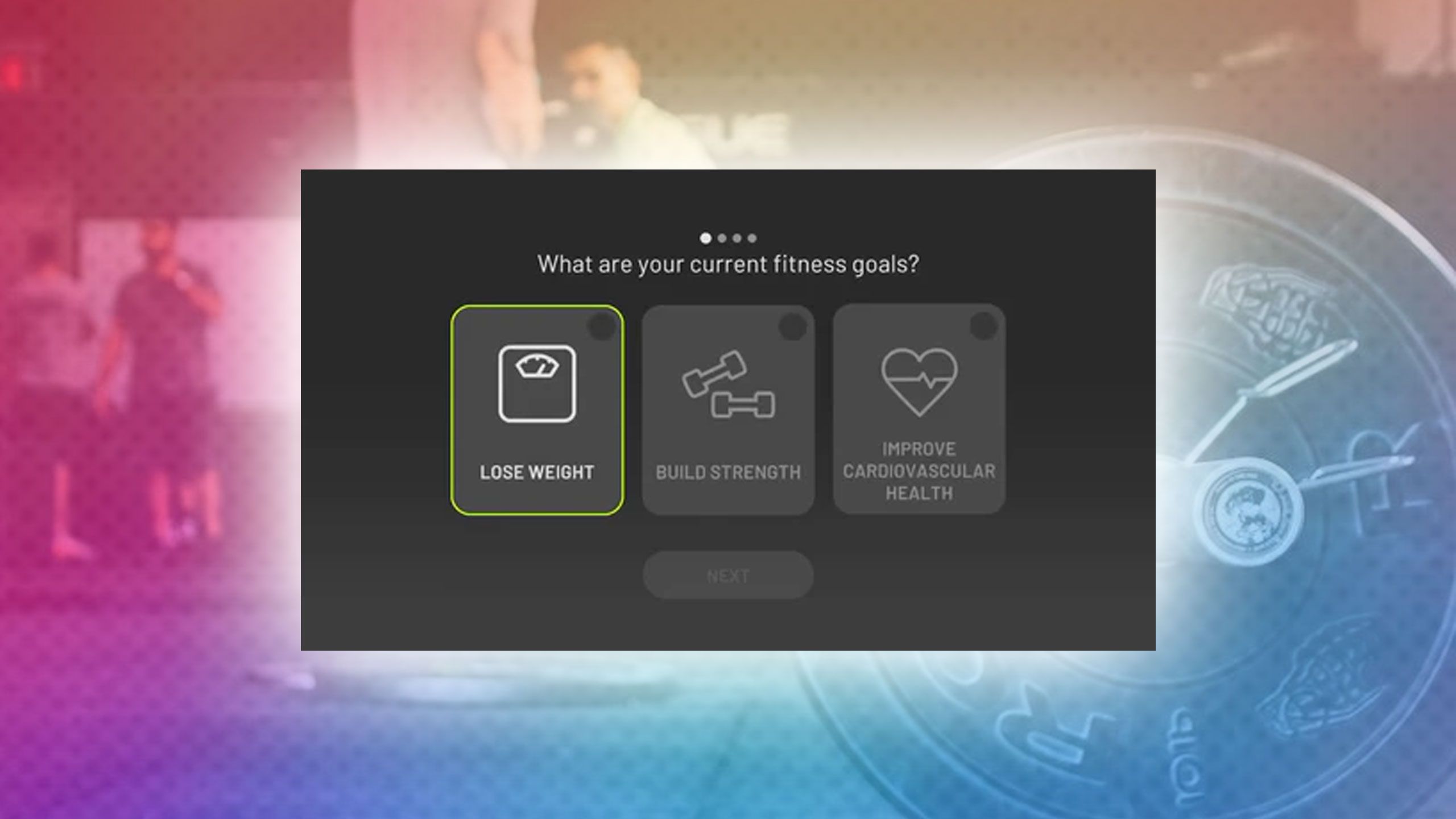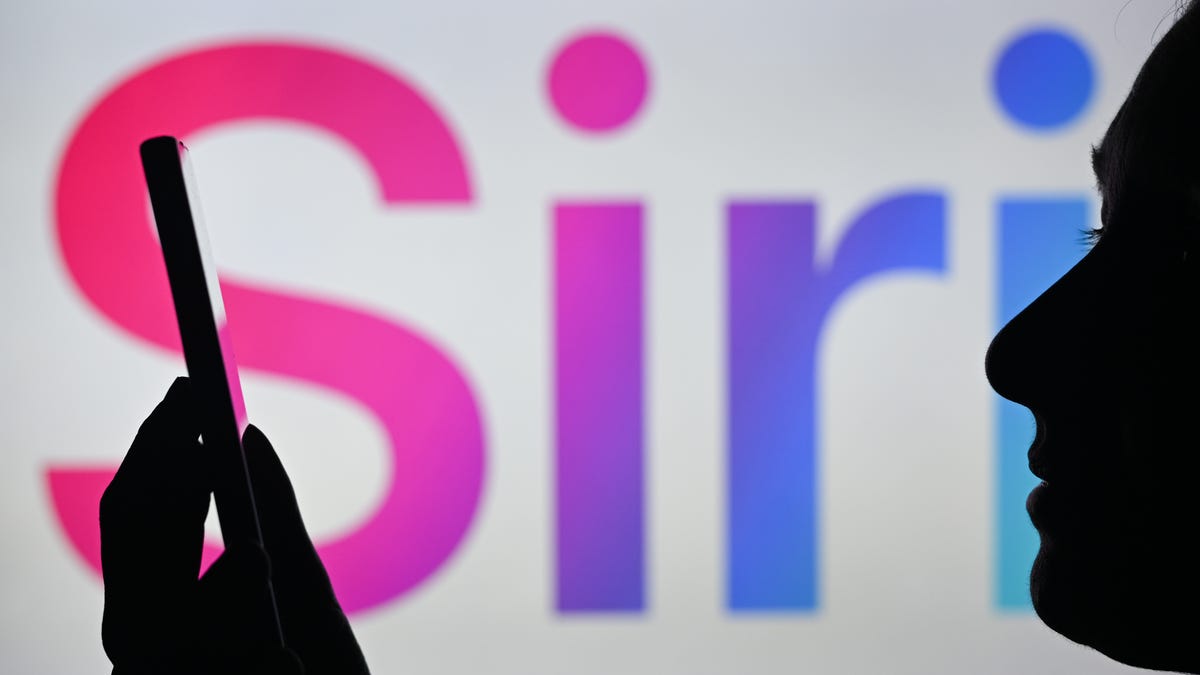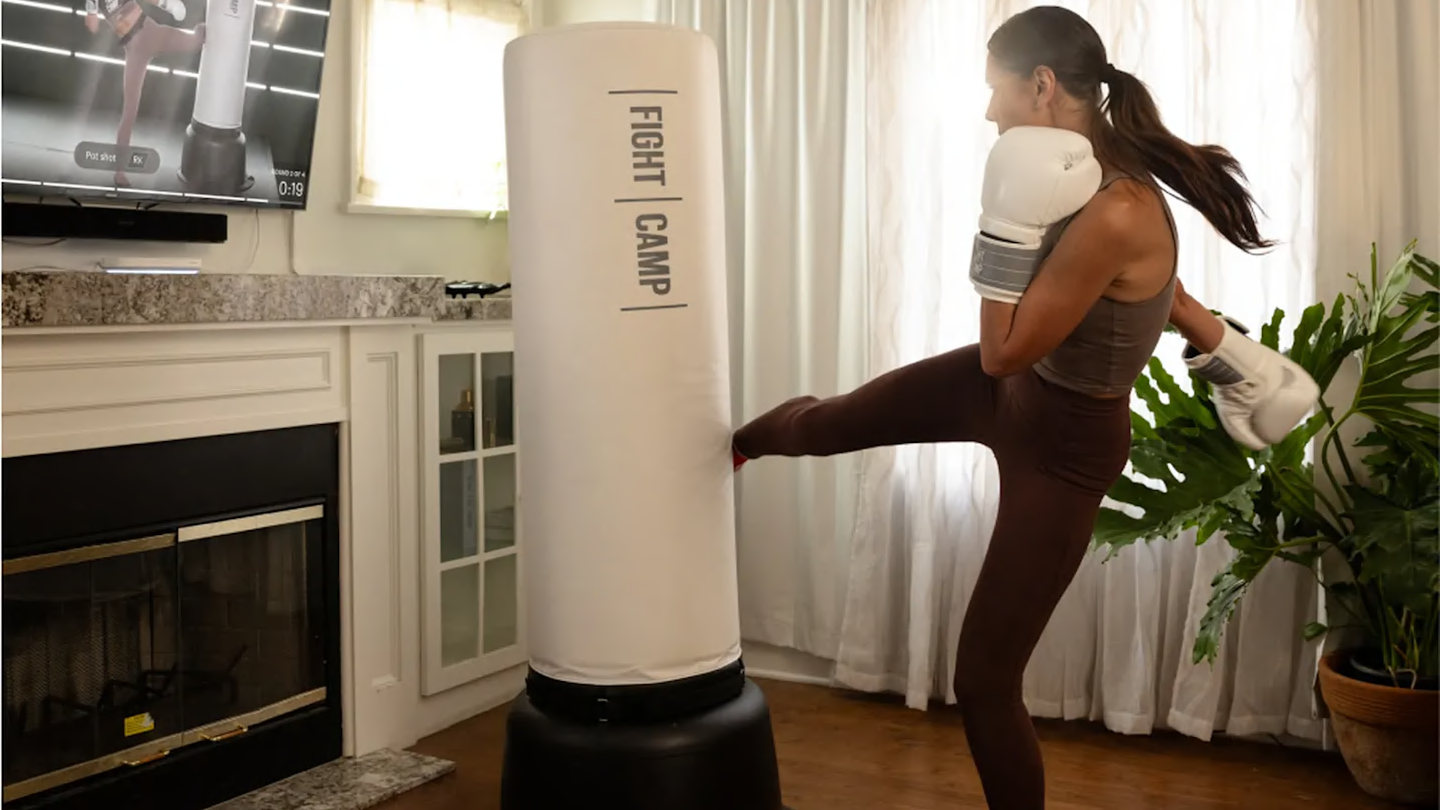Bussiness
I became homeless at 17 after I came out. At 40, I’m now stronger for having survived.
When I was 17 years old, I knew I was queer and started coming out to the people in my life. It was 2001, and my mother took the news badly.
The first week of my senior year in high school, I left home and moved in with a close adult friend with the support of the courts and sheriff’s department. But a few months later, that friend kicked me out as well.
At that point, I became homeless.
Being homeless as a teenager is the defining moment of my life
My high-school guidance counselor told me I was the first homeless kid the school ever had, and they didn’t know what to do with me. I started visiting a drop-in center for homeless youth. I also couch-surfed until I was able to rent a basement room near the homeless youth drop-in center.
Despite being the only homeless kid at my school, I quickly learned how common my experience was. The Trevor Project found that 28% of LGBTQ+ youth reported experiencing homelessness or housing instability in their lives. And a University of Chicago study found LGBTQ+ youth are 120% more likely to experience homelessness than heterosexual and cisgender youth. These numbers are so high because of systemic homophobia and transphobia.
I share these statistics because now, 23 years later, I can look back and see the lessons I learned from my experience. I also know that I am profoundly lucky. I turned 40 this year — an age that so many of my homeless queer peers are never lucky enough to see.
I learned how to survive
Being kicked out taught me I could survive the worst day of my life — so I can survive anything. For example, earlier this year, my 19-year marriage suddenly ended. While I didn’t plan to be in a position of having to rebuild my life at 40, I already knew I could survive the pain.
I’m tougher than I appear. I get to choose what will and won’t break me.
I also often think back to a dinner I had at 17 when a friend asked me if I was queer. This was another pivotal moment for me. I lied and said “no” that night. It was the last time I lied about my queerness.
I learned that hiding my authentic self was never going to protect me. While losing my home and the future I thought I knew as a teenager was horrific, it also taught me an important lesson: The one thing that can’t be taken away is the truth of who you are.
Since my teenage years, I have never been dishonest about who I am. Being out is important for me. I also know that being visibly out is part of creating more supportive places for other LGBTQ+ people, including young people who have experienced homelessness.
Homelessness also helped me find my real family
I don’t have any contact with the family who raised me. This has been my choice; it’s my way of keeping myself from people who caused me harm during my childhood.
When I was kicked out as a teenager, the most important lesson I learned was that while I might have felt very alone in that moment, I wasn’t actually alone. The queer youth I met at that time built a family with me and saved my life. There’s a long history of queer people being rejected by our families of origin and forming our own chosen families.
I was immediately adopted into a community of other homeless queer youth. They shared resources, advice, and love. These people I shared experiences with became my closest friends and ensured I was never alone.
All these years later, my chosen family has changed and evolved. But this queer, chosen family will always be who I trust, love, and seek out most.







